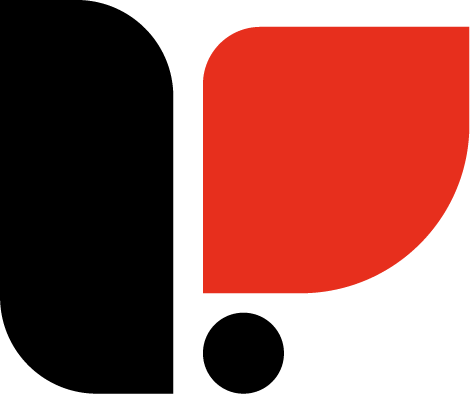FAQs
Frequently Asked Questions
We’ve put together some commonly asked questions to give you more information about Raven & Macaw and the services we offer. If you have a question that you can’t find the answer to, please use the contact us page.
Search Engine Optimisation, commonly referred to as SEO, is the act of improving content and web pages to rank higher on search engine results pages. Using SEO tactics, such as keywords, meta descriptions, and links, your content will stand out to search engine algorithms as relevant information and ultimately rank higher, including increased traffic and consumer trust.
Compared to standard SEO, local SEO refers to Local Search Engine Optimisation. Local SEO comes into play when users search for products, services, or resources near them in real-time.
It involves optimising your website for local search. Talking about things happening in the community, ensuring that your maps are up to date, and participating on social media are great ways to improve your local SEO.
For example, a search for “shoes” will yield vastly different results than a search for “shoes near me.” Local search often includes locations, which is why companies should keep their Google My Business profile up to date.
On-Page SEO is anything you do on your website – content, back-end optimisation, meta tags, etc. Off-Page SEO is what happens off of your website that relates directly back to it.
SEO efforts drive organic traffic to your website that you do NOT pay for. PPC, or Pay-Per-Click, drives traffic to your website that is paid for. SEO is a long-term effort with lasting results, whereas PPC is more of a quick injection of traffic that does not have the same long-lasting effects.
Yes! Word of mouth can be great, but most consumers find and research companies online before making purchases. An online presence gives your company credibility and boosts brand awareness. Websites are an avenue for endless marketing strategies, including e-commerce, customer service, and consumer engagement.
Social media platforms allow users to connect and engage with one another through shared content. These websites were developed initially for social networking, but since then, social media has become a popular marketing approach. Businesses often use social media to showcase products and services, connect with current or potential customers, and boost brand awareness.
While social media presence is crucial for all companies, each company will have different social media needs and strategies. For some, Facebook will be the best platform for business, while Instagram may be better for others. To determine which platform is best for your business, define your target audience and social media goals.
Facebook is a free social networking site. Users do not have to pay to create profiles or business pages unless they wish to market their page through ad campaigns. Simple and easy to use, Facebook Ads can help businesses boost their visibility, market products, or promote events.
Every small business is different, and every website will be other. Creating a new website can be daunting, but PDD is here to make it easy. Every website should have the basics: Homepage, About, Contact page, Products/ Services, FAQs, and Testimonials.
Besides the basics, every business should include additional web pages that are unique and relevant. Every small business is different, which means every website is another.
Websites should be designed to invite and entertain users, not push them away. A good web design is the only way to attract and maintain users. Therefore, the homepage should be visually appealing, easy to understand, and clear of annoying pop-ups.
If the homepage is terrible, the user will exit the website rather than continue exploring. Therefore, the web design should allow easy navigation and fast loading without blurry images or extensive copy.
A website primarily increases sales by offering users a convenient way to shop for products and services. Small businesses can encourage consumers to switch from window shopping to buying through pop-up offers and special online discounts.
Users are quickly turning to company websites for all their consumer needs with an enhanced incentive to buy and clear and concise product descriptions.
Social media falls in the sales funnel's brand awareness and consideration stage. Social media platforms allow businesses to connect with their target audience and slowly nudge them down the funnel with content and links to learn more.
By providing relevant information about products and services, engaging with their audience, and providing free trials or specials, businesses can nurture leads into buyers.
Digital marketing allows businesses to raise brand awareness, share product information, engage with the audience, and monitor online reputation. In addition, digital advertising will enable companies to advertise and promote products, offer discounts or specials, and attract buying customers. Simply put, digital marketing establishes a target consumer audience, while digital advertising drives this audience to sales.
As a general rule of thumb, companies should publish new blogs at least twice a month – blogs are key to keeping your website updated with the relevant and fresh information that search engines prefer.
If any important news or information has been released, that content should be posted as soon as possible. In addition, pillar and landing page content should be regularly revised as the company grows and changes.
